Message from the Rector
Sustainable development is an urgent task for the world as the United Nations’ Sustainable Development Goals and for both Vietnam and Japan. Vietnam Japan University (VJU) is promoting sustainable development as a basic philosophy of the university by transmitting new values to the world.
By 2035, VJU is aiming to become one of the leading Asian research universities in the field of advanced technology and interdisciplinary sciences serving sustainable development, it is necessary to train human resources with a broad perspective. Therefore, VJU makes liberal art as a philosophy of education. It is a big feature of VJU’s education to combine sustainability and liberal arts.
VJU has eight master’s programs, namely Public Policy, Nanotechnology, Area Studies, Civil Engineering (Old name: Infrastructure Engineering), Environmental Engineering, Business Administration, Climate Change and Development and Global Leadership.
Besides that, VJU also has four high quality undergraduate programs, including Bachelor in Japanese Studies, Bachelor in Computer Science and Engineering, Engineer in Civil Engineering and Engineer in Smart Agriculture and Sustainability.
These are interdisciplinary programs covering many fields of social science and natural science, all residing under the overall domain of sustainability science.

Mission, Vision and Educational Philosophy
Mission
To nurture high-quality human resources to be the next generation of leaders, managers and experts in Vietnam, Japan, Southeast Asia, and around the world.
To provide research products in advanced technology & engineering technology and interdisciplinary science for sustainable development; promote knowledge transfer between Vietnam and Japan to serve the society.
To contribute to VNU’s missions and Vietnam’s higher education system.
To promote Vietnam – Japan cooperation.
Vision Toward 2035
To become a flagship research-oriented university in Asia for in advanced technology and interdisciplinary science by leveraging competitive edges of Vietnam and Japan for sustainable development.
Educational Philosophy
Liberal Arts Education and Sustainability Science.
The University Council
Vietnam Japan University Council (VJU Council) consists of 20 members, of which 10 members are Vietnamese representatives and 10 members are Japanese representatives. All Council members are appointed by the President of Vietnam National University, Hanoi (VNU).
The term of VJU Council is 05 years. The VJU Council has the following duties and powers:
– Approving the VJU’s medium-term development strategy and operation plan to submit to VNU for approval;- Mobilize financial resources from the domestic and foreign private sector to serve the construction and development of the University;- Monitor the use of resources for the University; the implementation of regulations and important internal management regulations of the University; the projects of establishment, merger, division, separation and dissolution of units under the University;
– Approving regulations on standards, duties, powers and interests of the Rector and Vice Rectors to ensure compliance with current regulations of charter of VJU and VNU;- Conducting annual assessment of the outcomes of the accomplishment of the Rector and Vice Rectors; Proposing to President of VNUHN to appoint Rector and Vice Rectors.
The VJU Council includes an Internal Control Board, which is established by the Chairman of the VJU Council; the Internal Control Board, with 03 to 05 members, takes responsibility for advising and assisting the Chairman of the VJU Council to supervise the activities of the Council members and Rector Board members in implementing assigned tasks and powers.
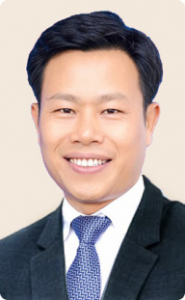
Mr. LE QUAN
President, Vietnam National University (VNU), Hanoi
Chairman

Mr. UCHIDA KATSUICHI
Emeritus Professor, Senior Advisor to Waseda University
Vice Chairman
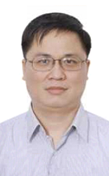
Mr. NGUYEN ANH TUAN
Head of VNU Academic Affairs Department
UC Secretary
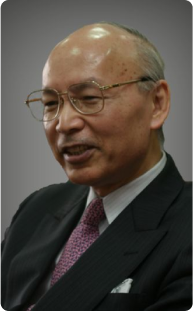
Mr. AIZAWA MASUO
Advisor to the President of Japanese Science and Technology Agency (JST)

Mr. CASSIM MONTE
President, Akita International University (AIU)

Mr. DAO HONG TUYEN
Chairman of the Board, Tuan Chau Group
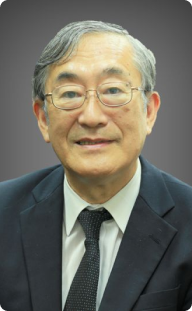
Mr. FURUTA MOTOO
Rector, VNU- Vietnam Japan University (VJU)
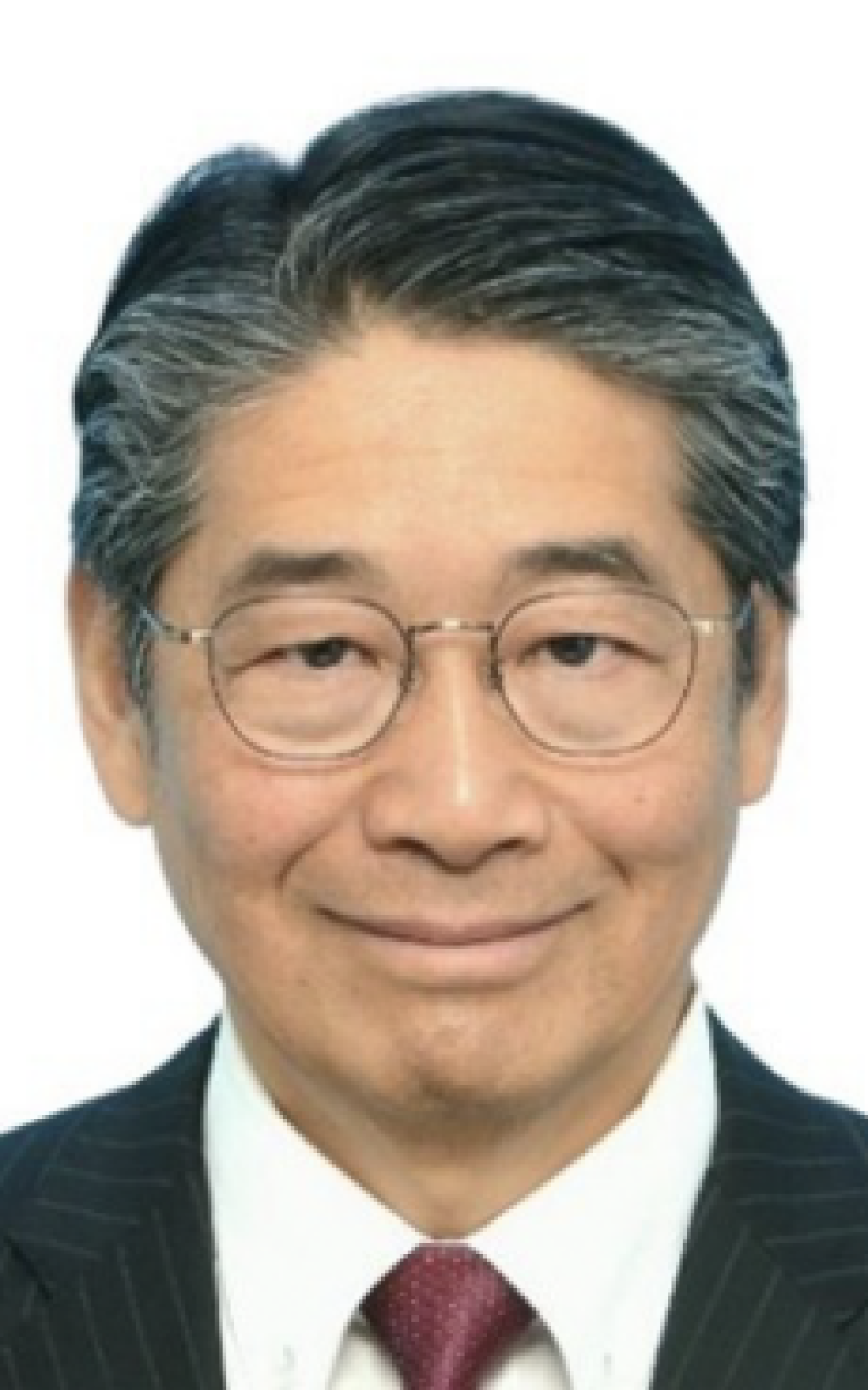
Mr. ITO NAOKI
Japanese Ambassador to Vietnam

Mr. MATSUOKA TETSUYA
Deputy Director, Department of International Cooperation, The Japanese Chamber of Commerce and Industry in Vietnam (JCCI)

Mr. MORITA KIYOTAKA
Director, Department of International Cooperation, Japan Business Federation (Keidanren)
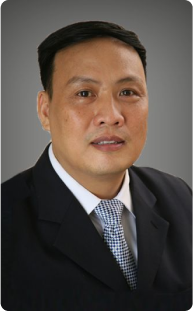
Mr. NGUYEN DINH DUC
University of Engineering and Technology (UET)
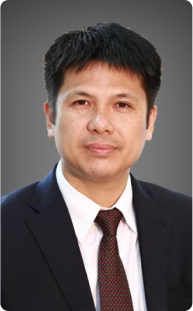
Mr. NGUYEN HIEU
Vice President, VNU
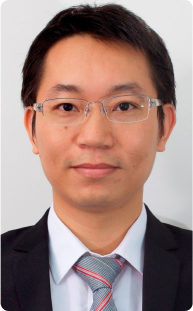
Mr. NGUYEN HOANG OANH
Standing Vice Rector, VNU – VJU

Mr. OZASA HARUHIKO
Chief Representative, The Japan External Trade Organization (JETRO) in Hanoi
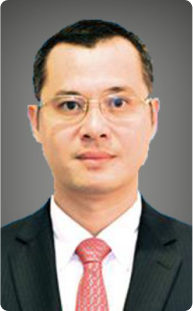
Mr. PHAM DAI DUONG
Provincial Party Committee Secretary, Phu Yen Province
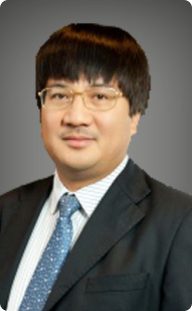
Mr. PHAM DINH HOAN
Chairman of the Board, Phu Thai Holdings
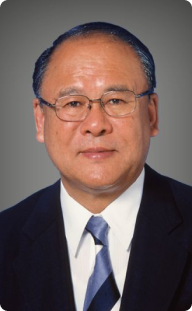
Mr. TAKEBE TSUTOMU
Special Advisor to Japan – Vietnam Parliamentary Friendship Alliance

Mr. TAKEUCHI KAZUHIKO
Professor, The University of Tokyo Institute for Future Initiatives; President, Institute of Global Environmental Strategies (IGES)
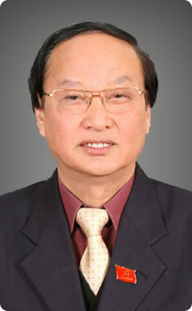
Mr. TO HUY RUA
President, Vietnam – Japan Friendship Association

Mr. VU MINH GIANG
Chairman, VNU Council for Science & Academic Affairs
History
After more than 40 years since the establishment of the diplomatic relation (1973-2015), Vietnam – Japan relation hascomprehensively developed in all aspects. In 2009, the two countries elevated this relationship to the level of strategic partnership to demonstrate political reliability and reflect the full-blown development in all areas.
Japan is a developed country with strengths in science and advanced technology with many world leading universities. In the socio-economic development of Vietnam, Japan has always held a special position. In 2015, Japan is the largest ODA donor of Vietnam and is the second largest FDI investor into Vietnam.
Nearly 30 years after the Doi Moi, Vietnam has had many economic and social achievements. However, its economic growth in recent years is slowing down, and Vietnam is on the verge of middle income trap. To achieve higher and continuous growth over the next decade, Vietnam should generate new development momentum that are based on science and technology capability and high-quality manpower.
In this context, the establishment of VJU is expected to create a new momentum of socio-economic development and contribute to add more values to Japanese investments in Vietnam. VJU is also expected to become a center of cultural and academic exchanges between Vietnam and Japan.
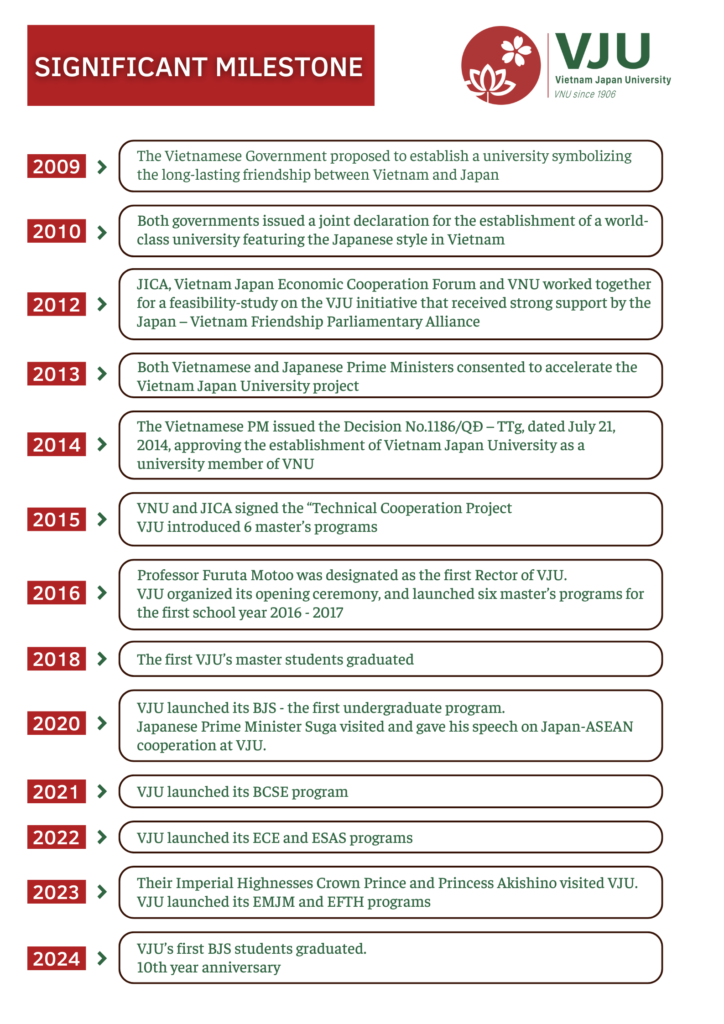
Let’s take a look at the development of VJU in the following video clip:

